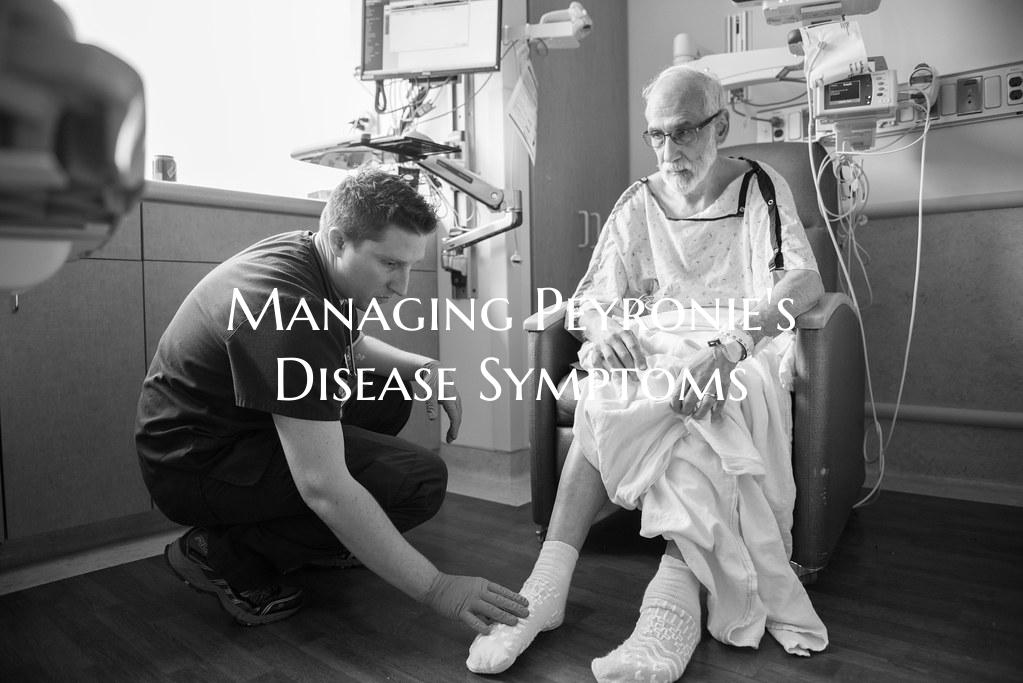
Managing Peyronie's Disease Symptoms
Peyronie's disease is a condition characterized by the development of fibrous scar tissue inside the penis, causing it to curve or bend abnormally. While the exact cause of Peyronie's disease is not fully understood, it can lead to physical discomfort, emotional distress, and difficulty with sexual intercourse. Managing the symptoms of Peyronie's disease is essential to improving quality of life and maintaining overall well-being. Here are some effective strategies to help individuals cope with this condition:
1. Seek Medical Guidance: If you suspect you have Peyronie's disease or have been diagnosed with it, it is crucial to consult a healthcare provider or a urologist. They can assess your condition, provide an accurate diagnosis, and recommend appropriate treatment options.
2. Medication: In some cases, medications such as collagenase clostridium histolyticum may be prescribed to help reduce the scar tissue. These medications can help soften the plaque and lessen the curvature of the penis.
3. Penile Traction Devices: Traction therapy involves using devices that apply gentle stretching force to the penis. This can help reduce curvature over time and improve the overall shape of the penis.
4. Lifestyle Modifications: Maintaining a healthy lifestyle can help manage symptoms of Peyronie's disease. Eating a balanced diet, exercising regularly, and avoiding smoking and excessive alcohol consumption can contribute to overall health and well-being.
5. Psychological Support: Coping with Peyronie's disease can be challenging, and individuals may experience emotional distress or anxiety. Seeking support from a therapist or counselor can help manage the psychological impacts of the condition.
6. Communication with Partner: Open communication with your partner about Peyronie's disease is essential for maintaining a healthy relationship. Explaining the condition, discussing treatment options, and exploring alternative intimate activities can help maintain intimacy and connection.
7. Surgical Intervention: In severe cases where conservative treatments have not been effective, surgical options such as penile implants or plaque incision and grafting may be considered. It is important to discuss the risks and benefits of each surgical procedure with a healthcare provider.
Managing symptoms of Peyronie's disease requires a comprehensive approach that addresses both the physical and emotional aspects of the condition. By working closely with healthcare providers, exploring various treatment options, and seeking support when needed, individuals with Peyronie's disease can effectively manage their symptoms and improve their overall quality of life.